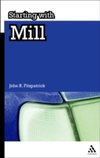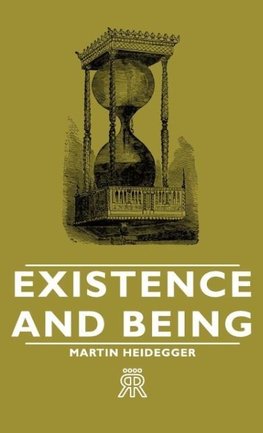
-
 Anglický jazyk
Anglický jazyk
Existence And Being
Autor: Martin Heidegger
EXISTENCE AND BEING by MARTIN HEIDEGGER.Contents include: Foreword 9 Introduction 13 Prefatory Note 16 A Brief Outline of the Career of M. Heidegger 20 An Account of Being and Time 25 1. The three main problems Dasein, Time and Being. The project and the... Viac o knihe
Na objednávku, dodanie 2-4 týždne
52.29 €
bežná cena: 58.10 €
O knihe
EXISTENCE AND BEING by MARTIN HEIDEGGER.Contents include: Foreword 9 Introduction 13 Prefatory Note 16 A Brief Outline of the Career of M. Heidegger 20 An Account of Being and Time 25 1. The three main problems Dasein, Time and Being. The project and the published version 25 2. Some aspects of the analysis of Dasein 40 3. Dasein and Temporality 67 4. Some reflections on the significance of the work 121 An Account of The Four Essays 132 1. A brief general characterisation of the four essays 132 2. On the Essence of Truth 142 3. The Essays on Friedrich Holderlin 183 4. What is Metaphysics 218 Note 249 Remembrance of the Poet 251 Translated by Douglas Scott Holderlin and the Essence of Poetry 291 Translated by Douglas Scott On the Essence of Truth 317 Translated by R. F. C. Hull and Alan Crick What is Metaphysics 353 Translated by R. F. C. Hull and Alan Crick Notes 394 Warum 1st iiberhaupt Seiendes und nicht vielmehr Nichts Das Nichts als das Andere zum Seienden 1st der Schleier des Seins. MARTIN HEIDEGGER. FOREWORD: In appearance, Professor Heidegger is short and slight his hair is thick and jet black with occasional white streaks. When he emerged from the small skiing hut, high up in the mountains, to greet me, he was dressed in the costume of a Swabian peasant, a dress he often also used to wear when he was Rector of Freiburg University. His heavy, squarish skiing boots it was summer emphasised still more strongly his relationship to the soil. He was born in 1889, in Messkirch and his brother still farms in the region. Martin Heidegger, too, has never left it When Hitler called him to Berlin in 1935, he rejected the offer. The world had to come to him, to Freiburg. There he lives, with Hellingraths edition of Holderlins works. This closeness to Holderlin is no accident but an essential key to an understanding of Heideggers own philosophy. For Holderlin came from the same physical region, he faced the same spiritual problems, and he experienced more lucidly and bitterly the ultimate meaning of nothingness than any other person who could give expression to it in song. The parallel with Heidegger is close, indeed, if thought is substituted for song. On both occasions when I met Professor Heidegger, in June, 1946, and in October, 1947, I had to drive for an hour to the small town of Todtnau in the Black Forest Mountains, then to climb still further until the road became a path and all human habitation scattered and invisible There on top of a mountain, with the valley deep down below, with nothing but space and wilderness all around, in that small skiing hut, I spoke to the philosopher. He had not been to Freiburg for six months when I saw him for the second time. His living conditions were primitive his books were few, and his only relationship to the world was a stack of writing paper. His whole life revolved within those white sheets and it seemed to me that he wanted nothing else but to be left in peace to cover those white sheets with his writing. The atmosphere of silence all around provided a faith ful setting for Heideggers philosophy. I could not help comparing it with the atmosphere I had encountered in the house of Professor Berdyaev near Paris and that of Professor Jaspers in Heidelberg. In every case, the ex ternal world faithfully reflected the world of the mind. In Berdyaev s case it was the spirit of communion in Jasperss that of spiritual engagement. But in Heideg gers case it was the spirit of overwhelming solitude. With the four essays in this book, which Professor Heidegger gave me, this much-discussed philosopher now appears for the first time before the English-speaking world. As Professor Heidegger pointed out to me, the four essays are complementary and have an organic unity...
- Vydavateľstvo: Maurois Press
- Rok vydania: 2008
- Formát: Hardback
- Rozmer: 222 x 145 mm
- Jazyk: Anglický jazyk
- ISBN: 9781443721172
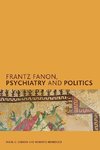
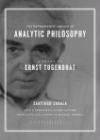

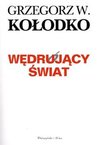

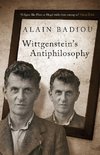
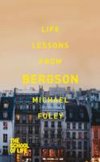
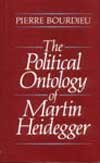
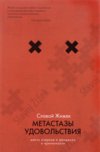
 Ruský jazyk
Ruský jazyk 

